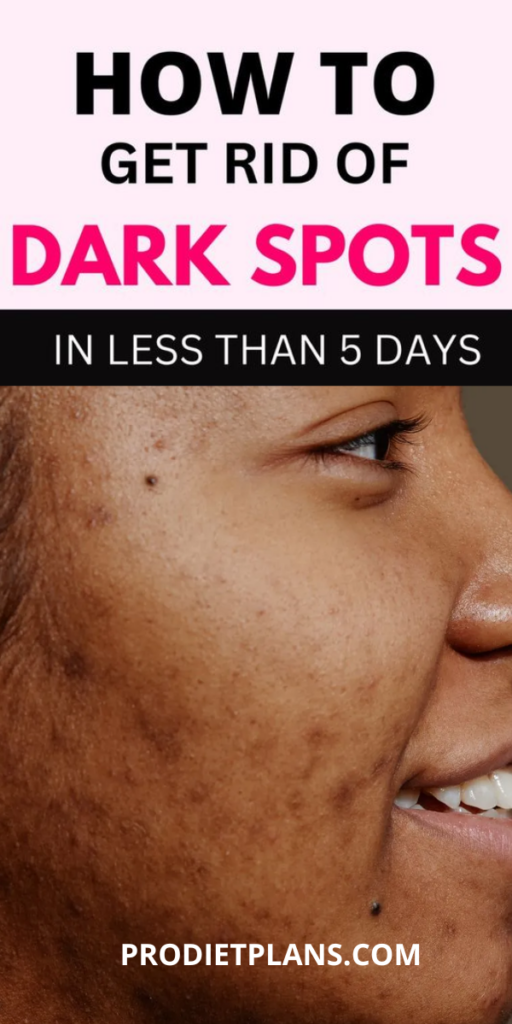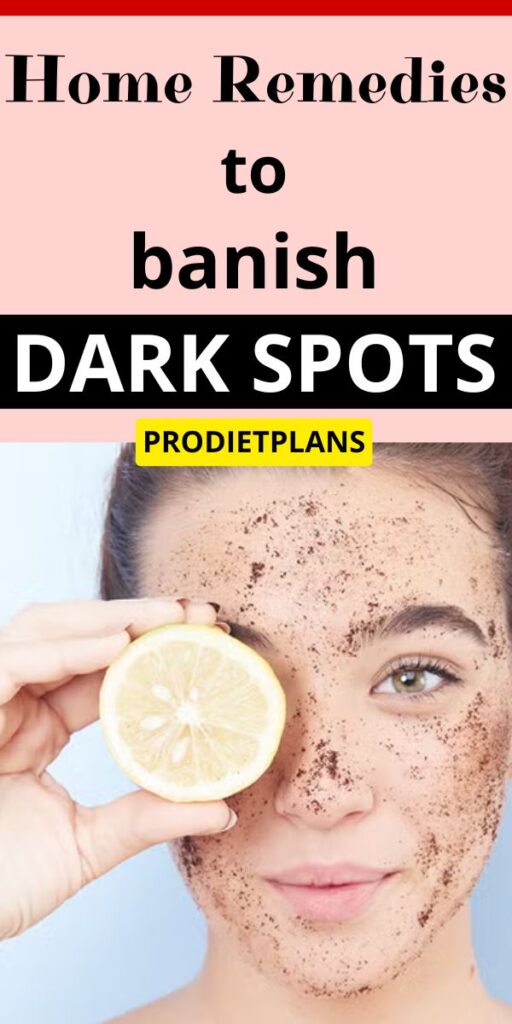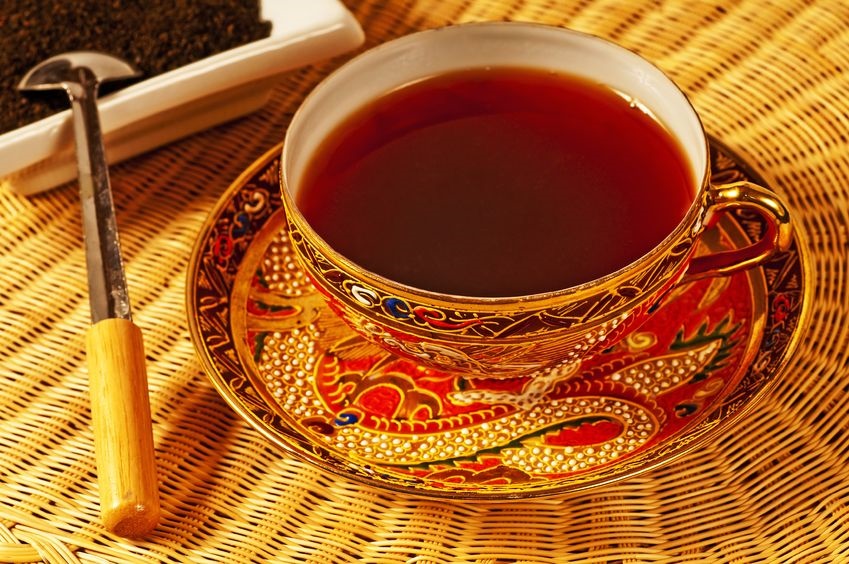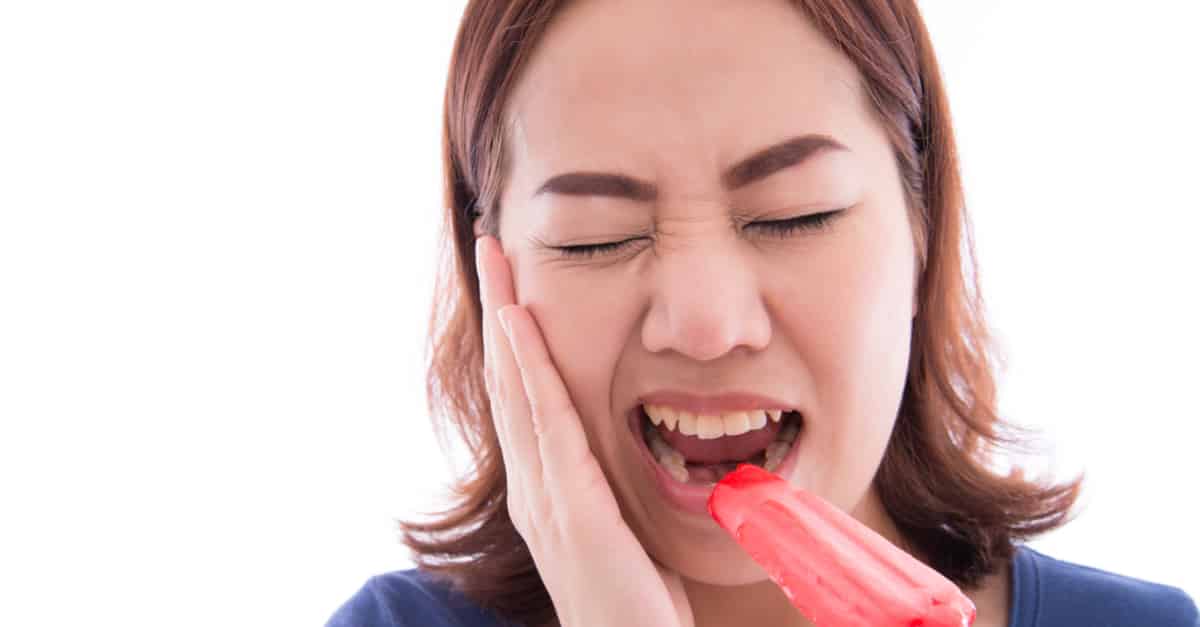Dark spots, commonly referred to as hyperpigmentation, are a widespread skin concern affecting individuals across all skin types and ages. These spots can appear on various parts of the body, particularly on sun-exposed areas like the face, hands, and shoulders. While they are generally harmless, dark spots can impact self-esteem and confidence. Understanding their causes, alongside effective home remedies, proper skincare, and preventive measures, is essential for managing and reducing their visibility.
How to Get Rid of Dark Spots
Understanding the Causes of Dark Spots
1. Sun Exposure and Melanin Production
Excessive sun exposure is a major cause of dark spots. Ultraviolet (UV) rays penetrate the skin and stimulate melanin production, the pigment responsible for skin color. When overproduced due to UV damage, melanin forms unevenly, leading to dark spots. Daily use of sunscreen is essential to protect the skin and prevent further pigmentation issues.
2. Hormonal Changes and Melasma
Hormonal fluctuations, especially during pregnancy or from the use of birth control pills, can trigger melasma. This condition appears as dark patches on the skin, often on the face. Hormonal shifts increase melanin production, making the skin more prone to hyperpigmentation. Understanding the role of hormones can help in managing and treating these spots effectively.
3. Post-Inflammatory Hyperpigmentation
After skin injuries, inflammation from acne, eczema, or psoriasis can lead to post-inflammatory hyperpigmentation (PIH). This occurs when the skin heals by producing excess melanin, leaving behind dark spots. Proper skincare during the healing process can help reduce the risk of PIH and its long-lasting effects on skin tone.
4. The Role of Certain Medications
Some medications, particularly those that increase skin sensitivity to sunlight, can worsen pigmentation issues. Drugs like antibiotics or chemotherapy agents can make the skin more susceptible to UV-induced dark spots. If you’re taking these medications, it’s crucial to take extra precautions, such as wearing high-SPF sunscreen and protective clothing.
5. Genetics and Skin Type
Genetics also play a role in the development of dark spots. Individuals with a family history of hyperpigmentation may find themselves more prone to these skin concerns. Those with darker skin tones tend to produce more melanin, which can lead to more noticeable dark spots when exposed to triggers like sun or inflammation.
6. Aging and Dark Spots
As we age, our skin undergoes various changes, including the formation of age spots. These are a type of hyperpigmentation caused by cumulative sun exposure over the years. Age spots usually appear on areas frequently exposed to sunlight, such as the face, hands, and shoulders. Incorporating anti-aging skincare can help manage and reduce the appearance of these spots.
7. Lifestyle and Environmental Factors
Environmental pollutants and poor skincare habits can also contribute to the appearance of dark spots. Exposure to harsh chemicals, combined with a lack of proper skin protection, accelerates skin damage and pigmentation. Incorporating antioxidants and regular skin cleansing into your routine can help protect against environmental factors.
8. Prevention and Treatment Strategies
To effectively combat dark spots, a combination of prevention and treatment is essential. This includes daily sunscreen use, using skincare products with ingredients like vitamin C or niacinamide, and considering professional treatments like chemical peels or laser therapy. Consistent care and addressing the root causes can significantly reduce the appearance of dark spots over time.
Home Remedies to Get Rid of Dark Spots:
1. Lemon Juice:
Lemon juice contains natural bleaching properties that can help lighten dark spots. Apply fresh lemon juice directly on the affected area using a cotton ball and leave it on for 20-30 minutes before rinsing it off with lukewarm water. Repeat this remedy a few times a week for best results.
2. Aloe Vera:
Aloe vera gel is renowned for its healing properties. It can not only soothe irritated skin but also lighten dark spots. Apply fresh aloe vera gel on the dark spots and leave it on overnight. Regular application can visibly reduce the spots over time.


3. Apple Cider Vinegar:
Apple cider vinegar contains acetic acid, which can help exfoliate the skin and lighten dark spots. Mix equal parts of apple cider vinegar and water, and apply the solution to the affected area using a cotton ball. Leave it on for a few minutes before rinsing it off. Be sure to moisturize afterward, as apple cider vinegar can be drying.
4. Turmeric:
Turmeric has anti-inflammatory and antioxidant properties. Make a paste by mixing turmeric powder with water or lemon juice and apply it to the dark spots. Let it sit for 15-20 minutes before rinsing it off. Regular use can help fade the spots and improve overall skin complexion.






